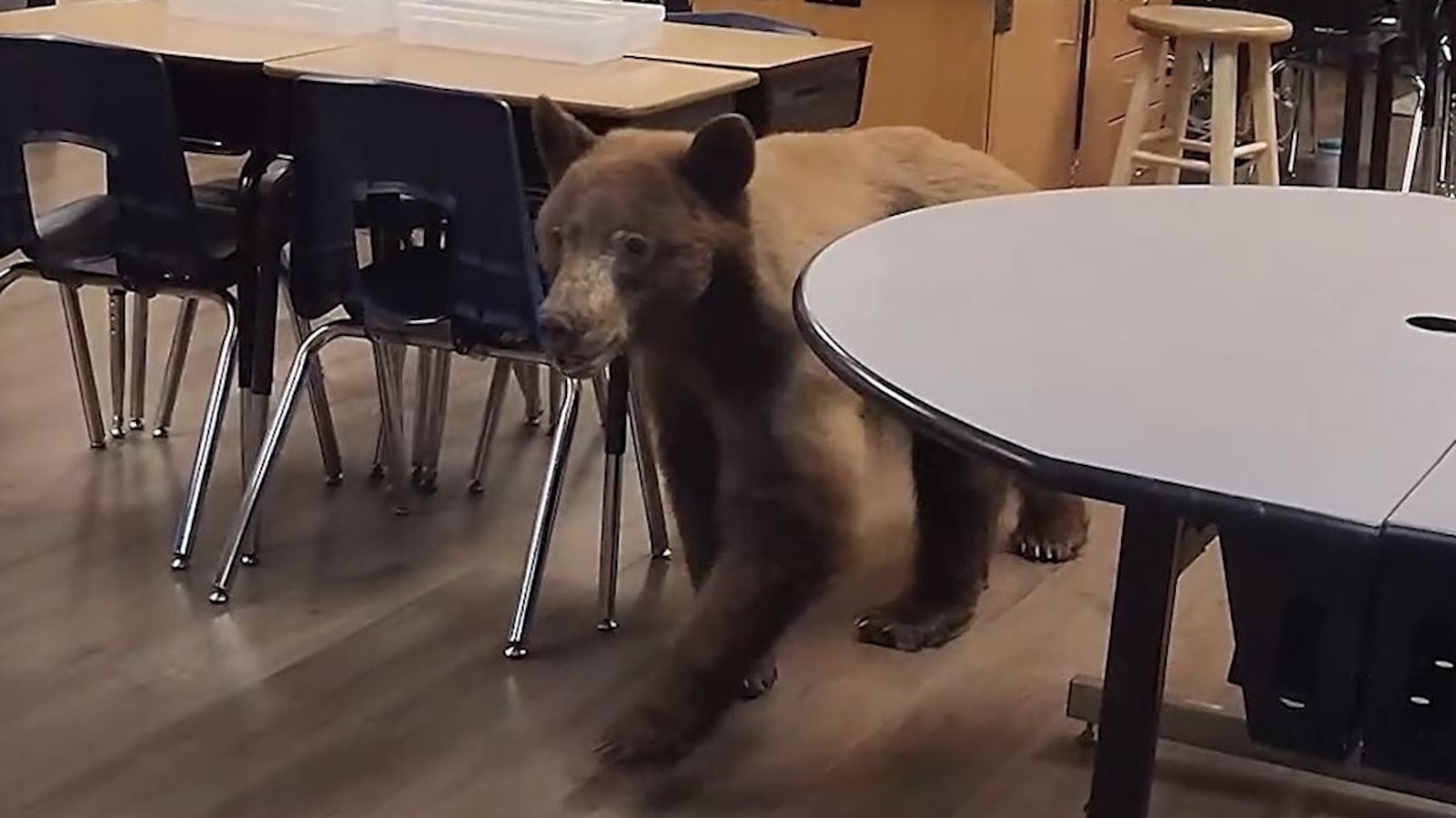Parvovirus B19: A Comprehensive Guide for Parents and Caregivers
With the start of the new school year, the Centers for Disease Control and Prevention (CDC) has issued a warning about an increase in parvovirus B19, a highly contagious respiratory virus. Children between the ages of 5 and 9 are particularly at risk, so it’s essential for parents and caregivers to stay informed about this virus.
What is Parvovirus B19?
Parvovirus B19 is a common virus that causes a variety of symptoms, including the distinctive “slapped cheek” rash. It is spread through respiratory droplets, such as those produced when an infected person coughs or sneezes.
Symptoms of Parvovirus B19
The symptoms of parvovirus B19 typically develop in two phases:
- Phase 1: Occurs 7 days after infection and includes symptoms like fever, muscle pain, and weakness.
- Phase 2: Occurs 7-10 days after phase 1 and may include a rash on the face, body, or both, as well as joint pain.
Risks of Parvovirus B19
While most people who contract parvovirus B19 experience mild symptoms, it can be more severe for individuals with certain underlying conditions:
- Pregnant women: Infection during pregnancy can cause blood disorders in the developing baby and increase the risk of miscarriage.
- Individuals with blood disorders: The virus can worsen existing blood disorders.
Prevention and Treatment of Parvovirus B19
There is no specific vaccine or treatment for parvovirus B19. However, there are steps you can take to prevent infection and manage symptoms:
- Practice good hygiene: Wash your hands frequently, cover your nose and mouth when coughing or sneezing, and clean commonly touched surfaces.
- Stay home if sick: If you have symptoms, stay home from work or school to avoid spreading the virus.
- Treat symptoms: Over-the-counter pain relievers and anti-itch creams can help alleviate discomfort.
Parvovirus B19 and Pets
It’s important to note that parvovirus B19 only affects humans and cannot be transmitted to or from cats or dogs.
Conclusion
Parvovirus B19 is a common virus that is particularly impacting children. By understanding the symptoms and prevention measures, parents and caregivers can help protect children from the virus and ensure their well-being during the school year.



